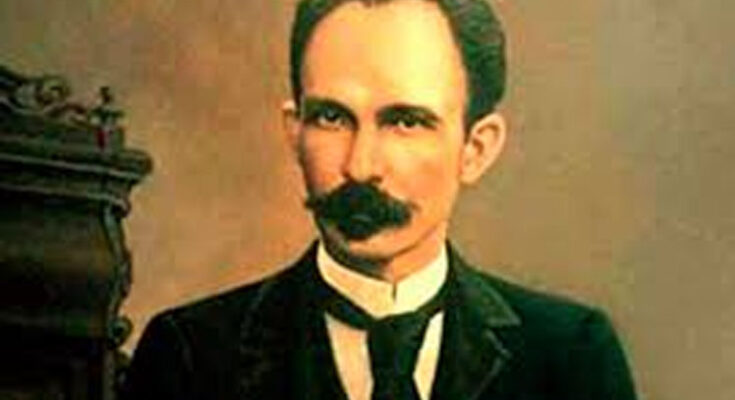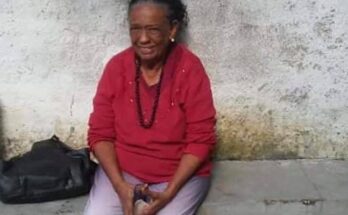On the early morning of Friday, January 28, 1853, José Julián Martí y Pérez was born, a paradigm of all lovers of freedom and justice, poet, journalist, teacher, founder of the newspaper Patria and architect of the Guerra Necesaria (Necessary War), a war in which he fell in combat.
With a life that would only reach 42 years, Martí was a man of high principles, Latin American and internationalist vocation; of impeccable personal conduct, both public and private and with human qualities that sometimes seem insuperable.
With his constant battle, José Martí demonstrated that the freedom of Cuba and Puerto Rico was something more than the culmination of the liberation process of the Spanish colonies, initiated in the first decades of the 19th century.
During the fertile truce, he was not only capable of gathering, in persevering and self-sacrificing work, the dispersed wills of all those who longed for the freedom of Cuba, and channeling their action through the Cuban Revolutionary Party, but he also projected his emancipating thought to the whole continent.
Author of an essential work that is a source of knowledge and consultation for all generations of Cubans, and the content, style and singular beauty of the poems, epistolary, journalistic articles, of all the writings and speeches he made, place him as an intellectual of vast culture.
José Martí was inscribed for all times as the National Hero of Cuba and one of the greatest men of American history and culture.





